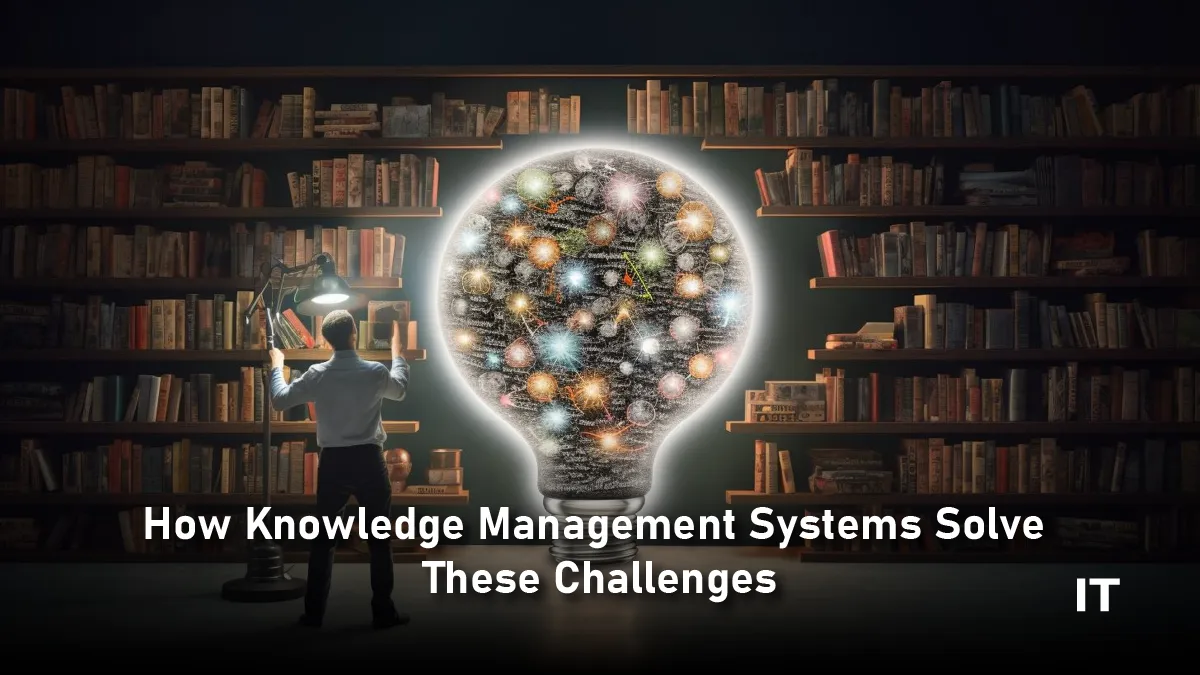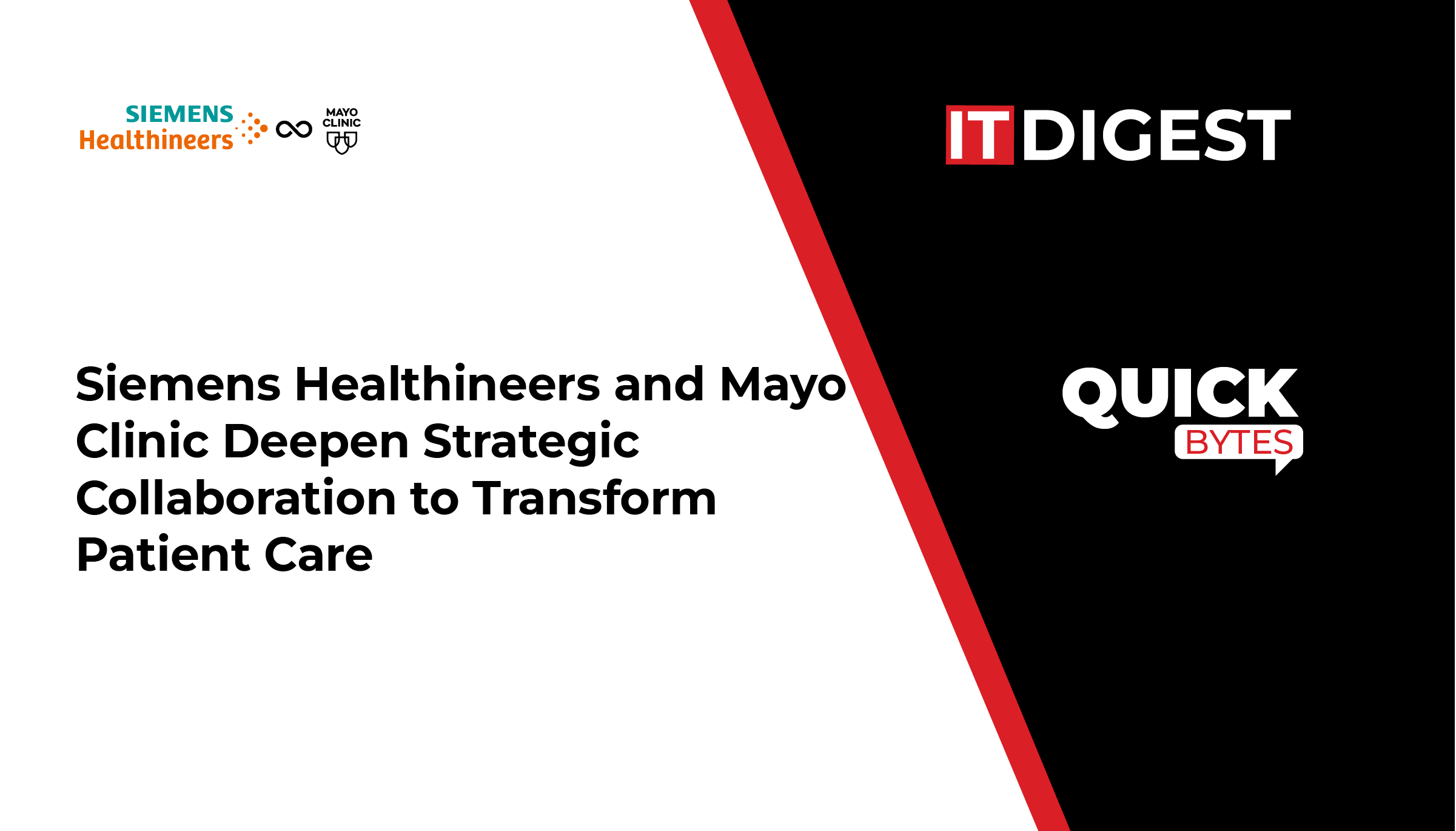In the fast-moving digital age of 2025, businesses face growing pressure to innovate, adapt, and work with exceptional efficiency. As competition intensifies globally and data continues to grow rapidly, organizations need powerful strategies to handle and make use of their knowledge collectively. Enclosed by these challenges, knowledge management systems (KMS) have come out as crucial tools, allowing companies to harness their rational capital, foster collaboration, and simplify operations. This article dives deep into the transformative role of KMS in addressing critical business challenges, driving innovation, and improving efficiency.
What is a Knowledge Management System?
A knowledge management system (KMS) is an extensive platform made for capturing, organizing, sharing, and analyzing an organization’s intellectual capital. These assets include documents, databases, best practices, employee expertise, and insights from customers. By creating a consolidated storage for knowledge, KMS improves access to information, improves decision-making capabilities, encouraging teamwork, and increased operational excellence. It is not just a technology solution but a planned approach toward managing and imposing organizational knowledge as a crucial resource for growth and innovation.
The Challenges Businesses Face in 2025
Today’s businesses work in a landscape identified by complications, rapid change, and an immense invasion of data. Key challenges include:
- Information Overload
Employees spend a noticeable time searching for information. According to McKinsey, employees spend an average of 1.8 hours a day—or 9.3 hours a week—searching and gathering information. This incompetence results in lost productivity and increase in operational costs.
- Knowledge Silos
Departments usually operate in isolation, producing silos that limit the flow of crucial information. This breakdown affects collaboration and innovation.
- Employee Turnover
High employee turnover rates result in shortage corporate knowledge. When experienced staffs leave, they take valuable skills with them, leaving gaps that can disturb operations.
- Remote and Hybrid Work Models
The shift to remote and hybrid work environments has boosted the need for compact systems that let teams access information and team up effectively, no matter what their physical location is.
How Knowledge Management Systems Solve These Challenges
Knowledge management systems address these challenges by creating an integrated framework for capturing, sharing, and imposing knowledge. Let’s see how:
- Reducing Information Overload
KMS delivers up-to-date search functionalities and AI-driven insights that make information retrieval fast and structured. Features like tagging, classification, and associated search allow employees to locate applicable information in seconds.
For instance, a global consultancy firm executed a KMS that pulled down the average time spent searching for documents by 40%. This improvement set employees free to focus on high-value tasks, enhancing productivity.
- Breaking Down Knowledge Silos
Due to this central repository, KMS promotes interdepartmental cooperation. Interdepartmental groups can access shared means to contribute to collective knowledge or build on ideas from others.
In this context, the introduction of a KMS at the manufacturing firm allowed the engineering and sales teams to share real-time product specifications. This enabled them to reduce new product time-to-market by 25%.
- Preserving Institutional Knowledge
KMS makes sure that valuable expertise is registered and maintained within the organization. Features like knowledge repositories, training modules, and expert directories secure against knowledge loss due to employee turnover.
For example, a healthcare organization utilized a KMS in order to store best practices related to patient care. Once senior staff members retired, the system ensured that the critical knowledge was passed down seamlessly to the new employees.
- Enabling Remote Collaboration
KMS gives solutions like shared workplaces, forums of discussion, real-time editing on documents for smooth virtual work relations. An employee can view at any moment when and wherever business operations go forward.
A cloud-based KMS-adopting tech start up reported a 50% improvement in team collaboration, as employees could work together effectively across different time zones.
Driving Innovation Through Knowledge Management
The free and systematic sharing of ideas and insights fosters innovation, and KMS plays a pivotal role in this. It encourages employees to contribute to the organization’s knowledge base through knowledge sharing. Leader boards, badges, and rewards are gamification features that create a dynamic and collaborative atmosphere where employees are motivated to share their expertise.
- Encouraging Knowledge Sharing
KMS platforms usually include gamification features, like leader boards and rewards, to induce knowledge sharing. This enables creation of a dynamic environment where employees high-spiritedly contribute to the organization’s pool of knowledge.
- Identifying Knowledge Gaps
Analytics tools in KMS can point out where knowledge is missing, and the organization can take action to fill in the gaps. For instance, an e-commerce company used its KMS to identify gaps in customer service training, which it then used to develop targeted training programs that resulted in a 30% increase in customer satisfaction.
- Facilitating Innovation Hubs
Many KMS platforms consist of innovation management modules that let employees submit, assess, and clarify ideas. This empowers innovation and makes sure that great ideas are not lost in official processes.
Also Read: Stop Losing Money! Learn How to Optimize Your Business Processes for Maximum Impact!
Boosting Efficiency with Knowledge Management Systems
Efficiency is the foundation of businesses success, and KMS delivers material benefits in this regard:
- Streamlining Processes
Automating the workflow and standardizing processes reduces redundancy and makes less room for errors. A financial services company implemented a KMS to automate compliance documentation and reduced processing time by 50%.
- Enhancing Customer Service
KMS enables customer service teams to access an all-inclusive database of FAQs, restoring guides, and case histories. This entitles them to find customer issues customer issues faster and more efficiently.
A telecommunications company reported a 20% reduction in customer complaint resolution times after adopting a KMS.
- Supporting Continuous Learning
KMS platforms often comprise e-learning modules that support employee development. Uninterrupted learning improves workforce skills, keeping the organization competitive in a swiftly changing market.
Choosing the Right Knowledge Management System
Selecting a KMS that aligns with your business needs is critical. Here are the Key factors to consider:
- Scalability: Make sure that the system can grow with your organization.
- Integration: Look for a KMS that incorporates seamlessly with existing tools like CRM, ERP, and project management software.
- User-Friendliness: A simple and inherent interface ensures higher adoption rates among employees.
- Security: Protect sensitive information with strong encoding and access controls.
The Future of Knowledge Management Systems
In 2025 KMS will continue to evolve with advancements in AI and machine learning. Future trends include:
- Intelligent Automation: AI-driven KMS will categorize and tag documents on its own, making retrieval of information even faster.
- Predictive Insights: Advanced analytics will provide predictive insights, helping organizations predict challenges and capture opportunities.
- Voice-Activated Access: Voice-activated KMS allows users to retrieve information hands-free, intensifying convenience and efficiency.
Conclusion
Knowledge management systems are now considered essential tools for innovation and efficiency in businesses as they strive to be successful in 2025. KMS enables organizations to operate smarter, faster, and more collaboratively by addressing the critical challenges of information overload, knowledge silos, and employee turnover. Investing in a robust KMS is not a strategic choice, but a competitive necessity. With the unlocking of the full potential of knowledge assets, businesses will be able to achieve sustainable growth and stay ahead in an ever-changing landscape. Are you ready to transform your organization with a knowledge management system?


































